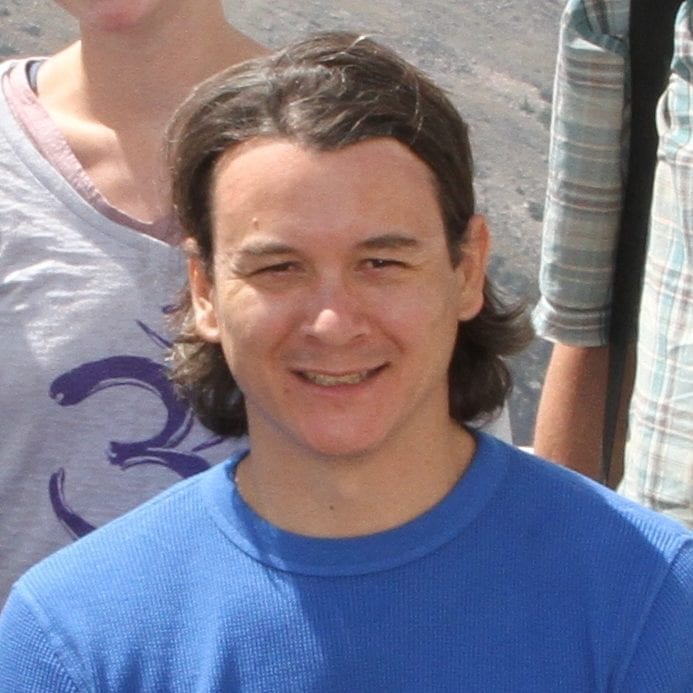Conservation Ecology and Sustainable Development alumni have gone on to careers in academia, NGOs, government agencies, and the private sector. In honor of the CESD program’s twentieth anniversary, we’re checking in with some of them to find out what they’re up to now and how the program has influenced them.
Q: What is your current job title and what do you do?
Doug: I am the North America Policy Director for the Society for Conservation Biology and I am responsible for all of the policy work that my organization does which the science body is involved in, including climate change adaptation and endangered species conservation.
Q: What has been your career path, from leaving UGA to where you are now?
Doug: Through my connections at UGA—-Laurie Fowler, in fact-—I was able to get a job at the Georgia Conservancy. I left after a few years to go to Australia to work in the environmental world over there because my wife was getting a graduate degree. I came back after three years to work on climate change issues and from there I came up to DC to work for the National Park Service and their climate change program for a couple of years. This position then became open and was just a really good fit, very close to what I was hoping to do from my graduate program at UGA—-that this would be sort of the job I could end up in. I jumped around a bit, but it was a good reflection of what I was trying to get to.
Q: How did the CESD program impact that journey?
Doug: It is a very unusual program in that it is a hybrid of both science and policy and education. I had to take courses in which I was literally out doing experimental work; I’m not a scientist, but it allowed me to appreciate the scientific method, the internal process, etc. At the same time, it gives you real-world opportunities to do policy, especially, when I was there, with the Etowah Practicum. Between the slate of speakers that came in and the groups that we worked with, it was–and still is–a really plugged-in program.
Q: What are some favorite CESD or Odum School (or Institute of Ecology) moments?
Doug: Graduating! I did sort of my own roasting of myself when I graduated. With Alonso Ramirez, who was a PhD student, we were up there and kind of put into perspective the work that Alonso did versus the work that I did and everyone got a big laugh out of it—-that was one of the high points.
Q: What is the most pressing conservation need you or your organization face and how might we best prepare our CESD students to meet that challenge?
Doug: Climate change adaptation for biodiversity. It’s a critical issue for programs like UGA to become leaders in, and I think we’re seeing some of it but because Georgia is such a conservative state, there is a lot of policy that is not happening, so there is even more expectation and need for places like UGA to really ramp things up.
Q: Do you have any general advice for CESD students? Any advice regarding job opportunities specifically?
Doug: We’re actually trying to work on this now. I’m working with Seth Wenger now and we’re trying to develop an apprenticeship program where students actually learn more practical skills. What I did not get background in was fundraising and general networking skills, so what we’re proposing is that when students graduate, we host apprenticeships up here in DC where they learn some more of these real-world skills, because when they get into a conservation group, those are just really important. A lot of graduate programs focus so much on the academics and not these real-world skills and so if Georgia could be a leader in that area, that would be great. My other piece of advice is that even if students are doing more research-oriented work, get involved with some policy work; there are all sorts of opportunities.

